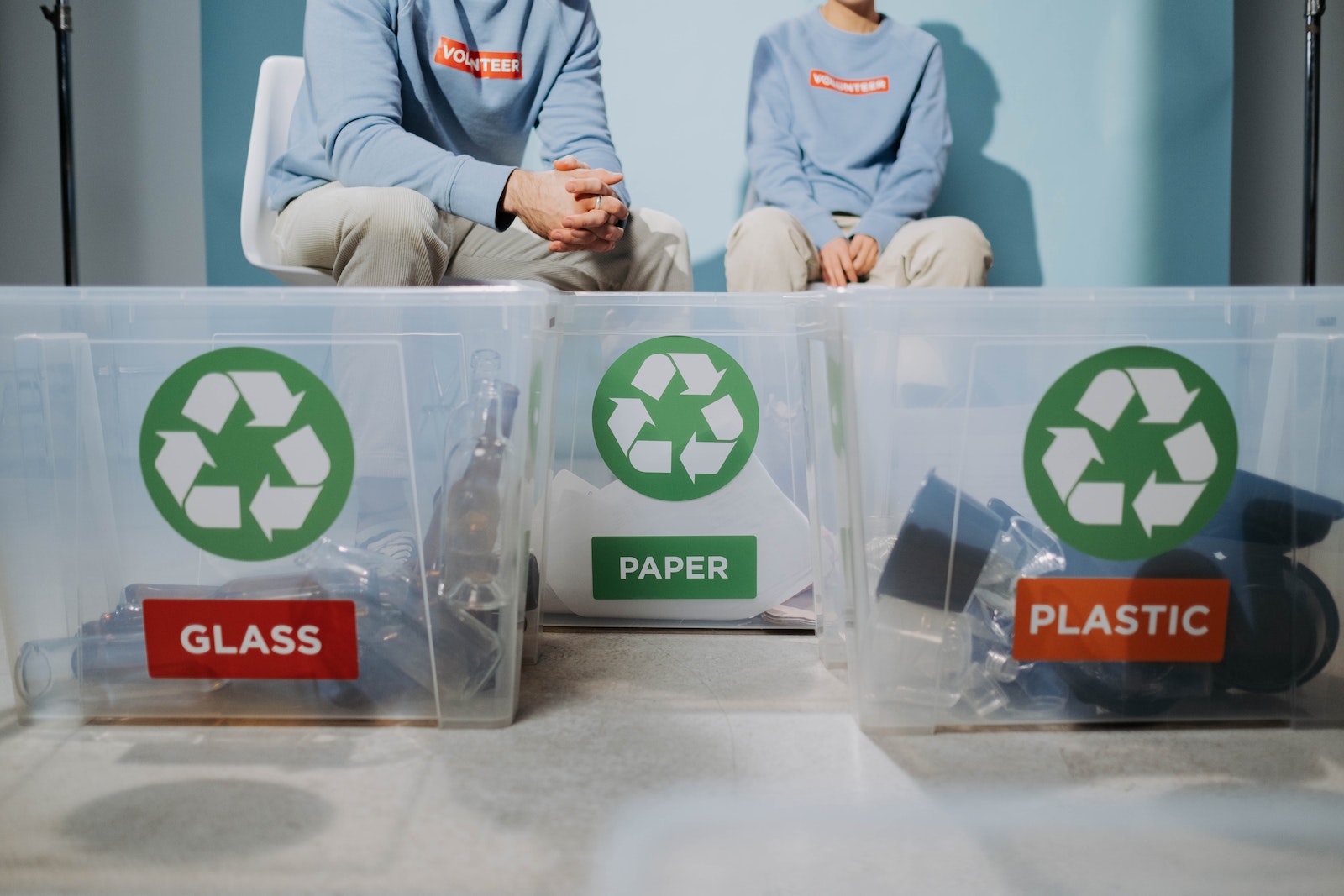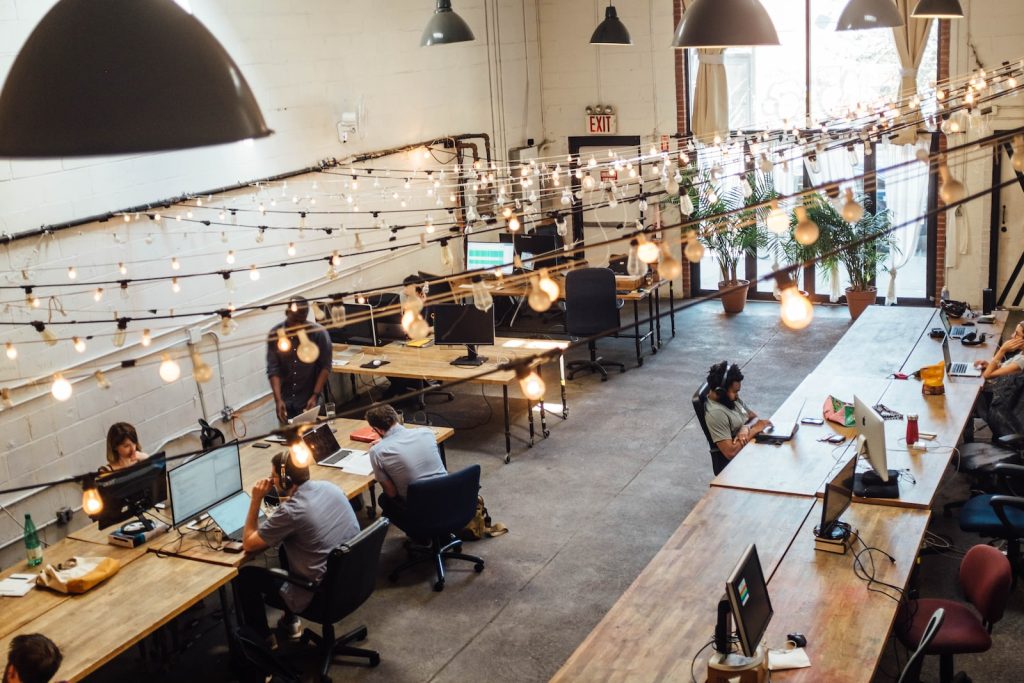Lately, people are becoming more and more aware of the impact we have on our planet. In addition to people taking individual actions, companies are implementing eco-friendly policies to reduce their environmental impact. Big corporations are well aware of this trend and are taking all the steps necessary to show their commitment to social responsibility. One of the most widely used tactics is setting up flexible work arrangements (co-working space). By making co-working spaces more sustainable, even through small changes, many benefits can be seen, including:
- Giving access to resources and opportunities
- Making a more collaborative work environment
Beyond making your business more profitable, what truly matters here is acting for the well-being of the planet. If you are interested in turning your co-working space into a sustainability hub, here are a few ways you can make it happen:

Consider Energy Consumption
- Energy-efficient products might be expensive upfront, but they will save money in the long run, while making your co-working space more eco-friendly. Moreover, investing in electronics with better energy-efficiency ratings will reduce your electricity bill.
- Encouraging members to put their electronics in power-saving mode when they are not using them, as well as shutting down or unplug when they leave.
- To do so, you can use plug-in timers and smart power strips. Plug-in timers are a great way to ensure that your coworkers do not waste energy. You can set them up to turn off at a particular time so that people do not forget about their devices when they leave for the day. Smart power strips can also be used in conjunction with plug-in timers, as they allow users to turn off multiple devices with one switch. By adding these to your co-working space, you can be more energy efficient. The majority of office power is consumed by machines that are turned off but still plugged into a live outlet. Standby power is a huge environmental culprit and expense. Co-working spaces should make it a policy that everyone has to turn off their equipment when they leave for the evening.
- Unnecessary lighting is a major power drain. By ensuring that spaces are not pointlessly lit when not in use, motion-activated lights can improve power efficiency. Also, whenever possible, replace energy-consuming light bulbs with LEDs, which use much less energy and have a considerably longer lifetime.
- Turning off lights in unoccupied public spaces like bathrooms, kitchens and conference rooms not only conserves energy, but can also form good habits in coworkers.
Rely as much as possible on natural light. If you cannot install windows that let more sunlight through, try to implement a desk layout that benefits the most from existing natural light.

Go Digital
Although offices are increasingly becoming digitalized, a lot of paper is still wasted through unnecessary printing. Going digital and paperless is the future of any sustainable co-working space. It helps the environment by reducing the number of trees that are cut down every year. Some benefits include:
- Saving money on paper and printing supplies
- Employees and customers will be more productive because they do not have to search for files or printed documents
- Creating a paperless culture in your co-working space and encouraging your clients to use less paper
By breaking the paper habit, you and your employees will spend less time in the copy room. However, when printing is a necessity, try to fit more text per page by reducing margin and font sizes. Set computers and copiers to double-sided printing mode, or print on the back of a previously printed paper. To cut down on ink, print in black and white and in draft mode.
Reinforce Recycling
The idea of recycling in a co-working space is not new, but it is still not as common as it should be. We need to encourage more people to recycle in their co-working spaces. The benefits of doing so are numerous, and include:
- Reusing materials that would otherwise go to waste. This reduces the need for natural resources like water and land to produce new products
- Reducing pollution from the manufacturing process
At this point in time, most people know about recycling, so incentivizing it can go a long way. First, make sure that there are recycling bins close to every workstation, as well as in kitchens and lounges. When electronics break down or need replacing, you should also provide proper recycling avenues as they contain reusable materials such as glass and rare metals. Read more on what to do with your old electronics.

Use Reusable Dishes and Utensils
The use of reusable dishes and utensils can help to reduce the amount of waste you are generating in your co-working space. Objects such as paper towels and disposable plates cause a lot of material waste.
- You can replace these single-use items with reusable ones or regular plates and silverware available to everyone
- You can invest in mugs displaying your logo and distributing them to members, which can help you market your hub and give a sense of belonging while also preventing excess waste
- You can eliminate waste by bringing lunch from home in reusable containers and skipping the plastic wrap and aluminum foil. By keeping a set of silverware, a couple of dishes, a mug, and a cloth napkin at your desk, you will omit a considerable amount of daily waste.
These simple steps will help make your co-working space more sustainable and reduce your carbon footprint.
Make Your Office Greener, Literally!
A healthy environment is one of the most critical factors for a productive workspace. Improving air quality in your co-working space can be done by making a greener space, which can have a positive impact on your health and productivity. By keeping plants within the space, your co-working space will feel more like the outdoors. They are not just a visual reminder of your green goals, but also:
- They will improve air quality by filtering harmful toxins like CO2 emissions and increasing oxygen levels. You can look into installing a green wall that is both practical and eye-catching.
- They will add greenery to your co-working space, lower stress levels and increase creativity
- They can help you feel more relaxed, less stressed, and more productive
By making your co-working space more sustainable, you will be able to operate an establishment that betters the well-being of all of your employees and the environment around you. These steps will help make your co-working space sustainable and longer-lasting.
This behavior can start at home, with simple things such as recycling and composting, using less water and installing solar in the home. You can read more about sustainable lifestyle and eco-friendly tips for your daily life in Faircado Magazine.




















